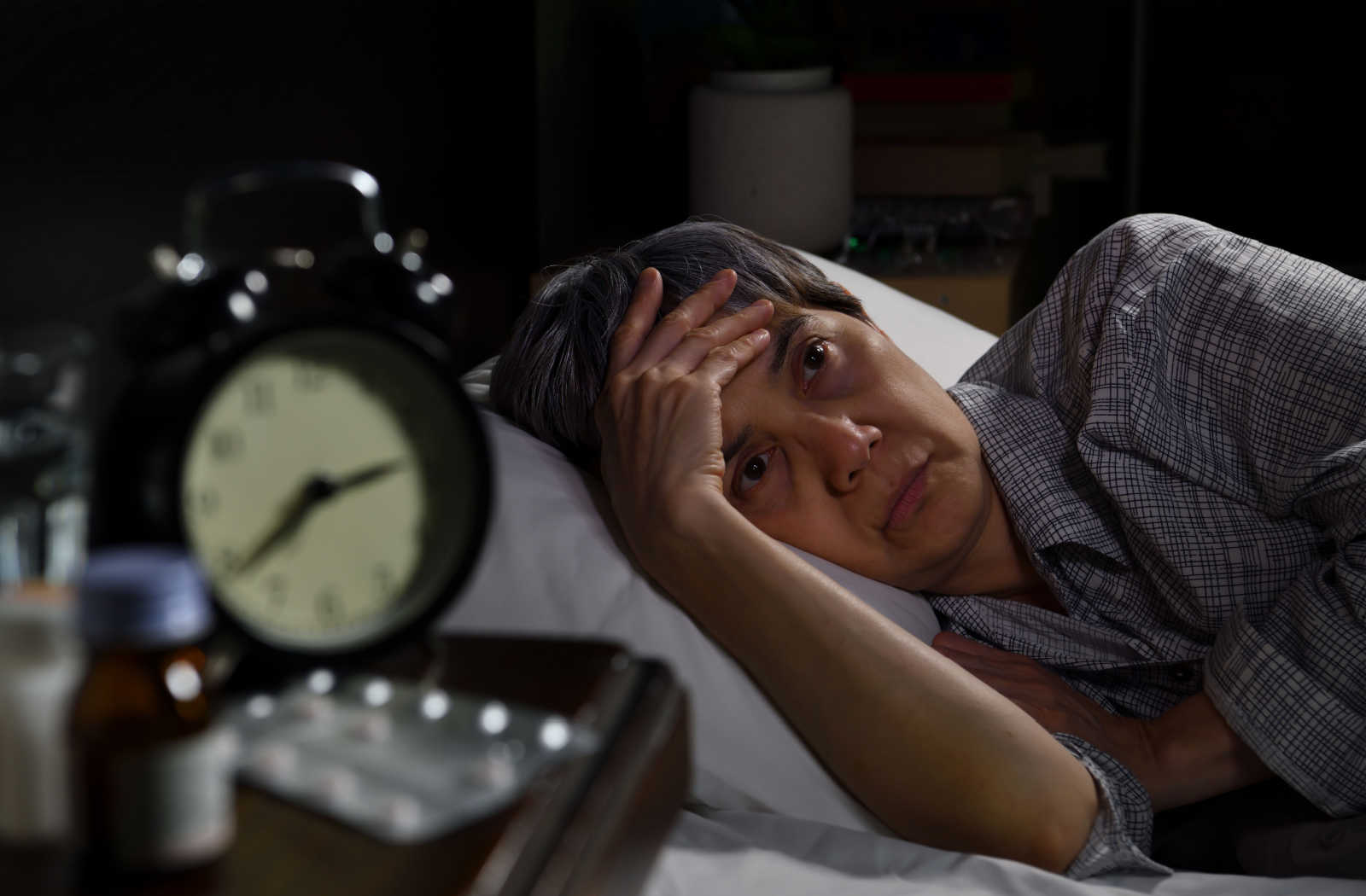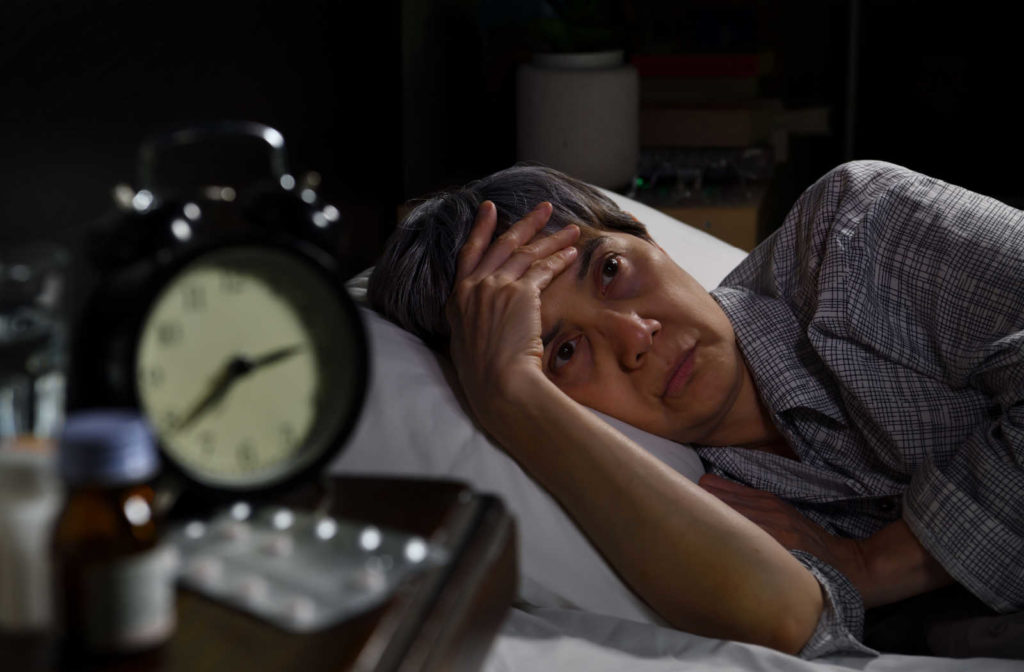Living with insomnia as an older adult can lead to a decline in health, even if their other needs are being met in a senior living community or they receive round-the-clock support in an assisted living community.
Staying physically active as a senior is a great way to combat sleepless nights. Additionally, creating a good sleep schedule and routine is often beneficial. And in some cases, getting a doctor involved may be necessary.
What Is Insomnia?
Insomnia can look very different from person to person. The common theme with insomnia is the inability to sleep properly. This could include trouble falling asleep. Alternatively, you could have no trouble falling asleep but cannot stay asleep or get back to sleep if you’re woken up.
Insomnia also affects people differently. Some people experience the occasional bout of trouble sleeping. In comparison, others experience chronic insomnia that can last for months or years.
And one may think something like insomnia would get better with time, but according to research, adults over 60 are actually at an increased risk of dealing with sleep trouble.
Common Reasons for Insomnia in Seniors
Difficulty sleeping can be caused by just about anything. Some people may struggle to relax if they leave a chore undone or if they remember something they need to tell a friend.
But for chronic insomnia, there are often ongoing causes or triggers for sleepless nights. Some common reasons seniors may experience insomnia include:
- Sleep apnea
- Restless leg syndrome
- REM sleep behavior disorder
- Poor diet or eating habits
- Mental health problems like depression or anxiety
- Poor sleeping environment
- Stress
- Medications
- Caffeine or alcohol consumption
Best Treatments for Insomnia in Seniors
There isn’t a single best treatment for insomnia because each case is as unique as the person dealing with it. Some seniors may require treatment for an underlying condition like sleep apnea, or another person may simply need to change their eating habits and bedtime routine.
Medication
A doctor may write a prescription or recommend over-the-counter options such as melatonin to help a senior sleep better.
Pain could be a primary contributing factor to the senior’s insomnia. Their doctor may prescribe a pain relief medication to help the older adult get the sleep they need.

Healthy Amounts of Physical Activity
Being a part of a community that not only encourages but enables you to live the active life you need is an important part of choosing where to retire. Physical activity is essential for many aspects of health as we age.
It helps our heart and lungs, and there are even links between physical activity and improved mental health. Staying active may not be a magic cure for insomnia, but staying active while using other at-home methods for getting to sleep is a great start.
Treating an Underlying Sleep Disorder
If there is an underlying sleep issue that’s causing a senior to experience insomnia, that should be the focus of treatment.
There are several methods for diagnosing and treating sleep problems. For example, a continuous positive airway pressure (CPAP) machine is one option for treatment if sleep apnea is the problem. Bright light therapy could be an option for a senior who is going to sleep too early and rising too early.
Schedule & Routine
When we raise our children, a bedtime routine is one of the first routines we put into place. Sleep doesn’t become less important as we age, nor does this routine. A bedtime routine helps the body regulate its circadian rhythm naturally.
Deciding on a bedtime routine—and sticking to it—is a great way to help correct minor sleep problems. Start by picking a bedtime, then do calming activities like reading a book for at least 30 minutes beforehand. And leave the electronics alone.
How We Can Help You Thrive
At All Saints Senior Living, we want you to live your best life, and we don’t think that should change because you’re retiring. If you or a loved one are considering senior communities in Shakopee, contact us.
Our helpful team is happy to answer your questions and book you a community tour so you can see it for yourself.



